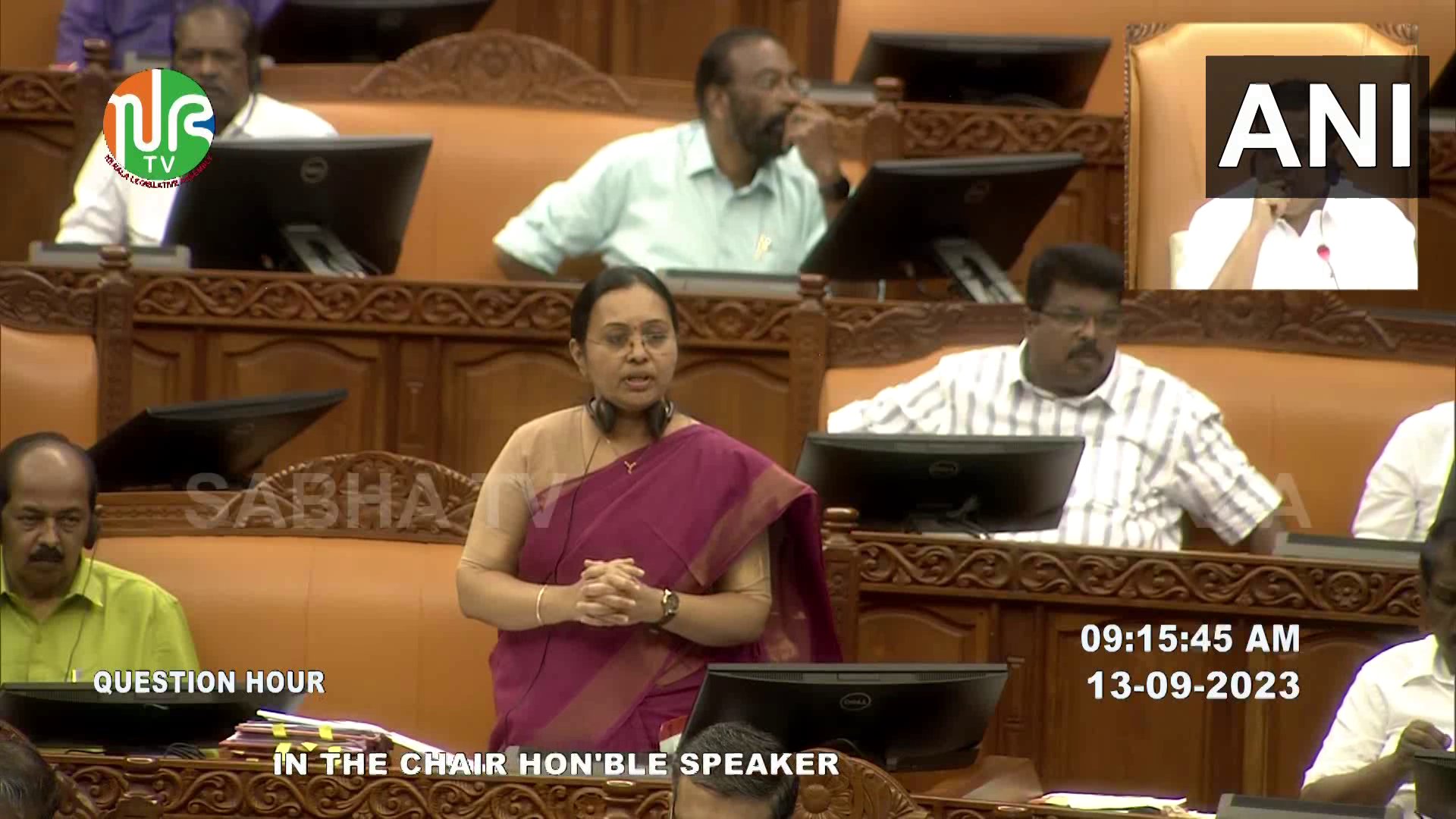UAE bans vegetables from Kerala
The United Arab Emirates has banned imports of fresh vegetables and fruits from the Indian state of Kerala. After an outbreak of the Nipah virus (NiV) there, the Gulf state’s ministry of environment said on Tuesday. It has also banned imports of live animals from South Africa. Its based on a notification from the World Organization for Animal Health (OIE) of the registration of Rift Valley Fever disease, the statement said.
Nipah virus | Kerala Health Minister Veena George says, “On the night of the day before itself, the Health Department held a high-level meeting and all higher officials went to Kozhikode. On the basis of the protocols, 16 committees have been formed…75 rooms have been prepared at Kozhikode Medical College. Two centres in Kozhikode district and a five km radius around it have been declared as containment zones.”
India began a fresh round of tests to trace the origin of a rare brain-damaging virus that has killed 13 people. A health official said on Monday, as initial tests on animals suspected of carrying the Nipah virus showed no sign of the disease.
India steps up ‘hunt’ for origin of mysterious Nipah virus
All animal samples, including those from bats, cattle, goats and pigs from the southern state of Kerala, sent to the National Institute of High Security Animal Diseases, in Bhopal, Madhya Pradesh, were negative for Nipah, said animal husbandry officer A. Mohandas. The department was now collecting samples of fruit bats from Perambra, the suspected epicentre of the infection and nearby areas, Mohandas said. Separately, tests run on dead bats in the northern state of Himachal Pradesh were negative for Nipah, an official there said.
The dead bats were discovered on the roof of a school and had triggered a new Nipah scare last week. Of some 116 suspected cases sent for testing in recent weeks, 15 have been confirmed as Nipah, the Kerala government said on its website http://bit.ly/2GUSi3T on Monday.
Thirteen of those 15 people have died and two are undergoing treatment. The latest victim was a 26-yearold rickshaw driver from Kerala’s Kozhikode district who died on the weekend, hospital officials told Reuters. No confirmed cases of the virus have yet been found outside Kerala, despite fears it has spread.
Some neighbouring states including Maharashtra, Telangana and Karnataka have sent samples for testing of people who reported Nipah-like symptoms in the last few days. There is no vaccine for the virus, which is spread through body fluids and can cause encephalitis, or inflammation of the brain, the World Health Organization (WHO) says. The usual treatment is to provide supportive care.
Infectious disease outbreaks can be a challenge in India. The world’s second most populous country. Where infection control and surveillance systems are weak, leading to hundreds of deaths annually from diseases such as mosquitoborne dengue. The Coalition for Epidemic Preparedness Innovations (CEPI) said last week that Profectus Bio- Sciences and Emergent BioSolutions would receive up to $25 million to accelerate work on a vaccine against Nipah virus.

